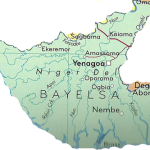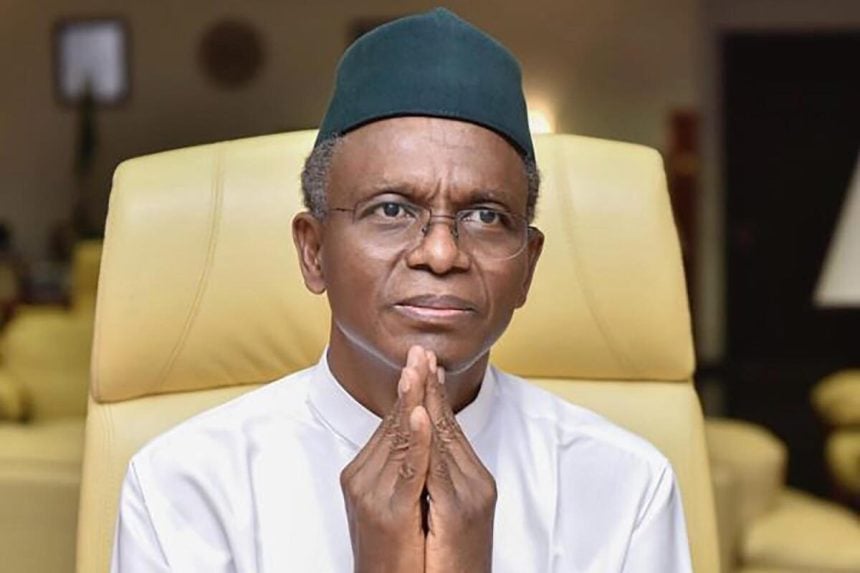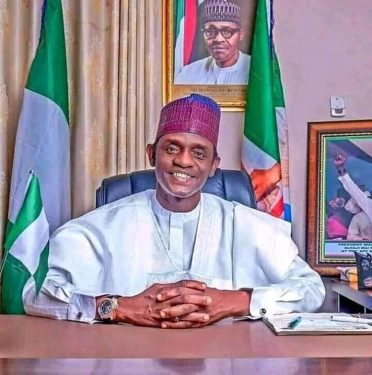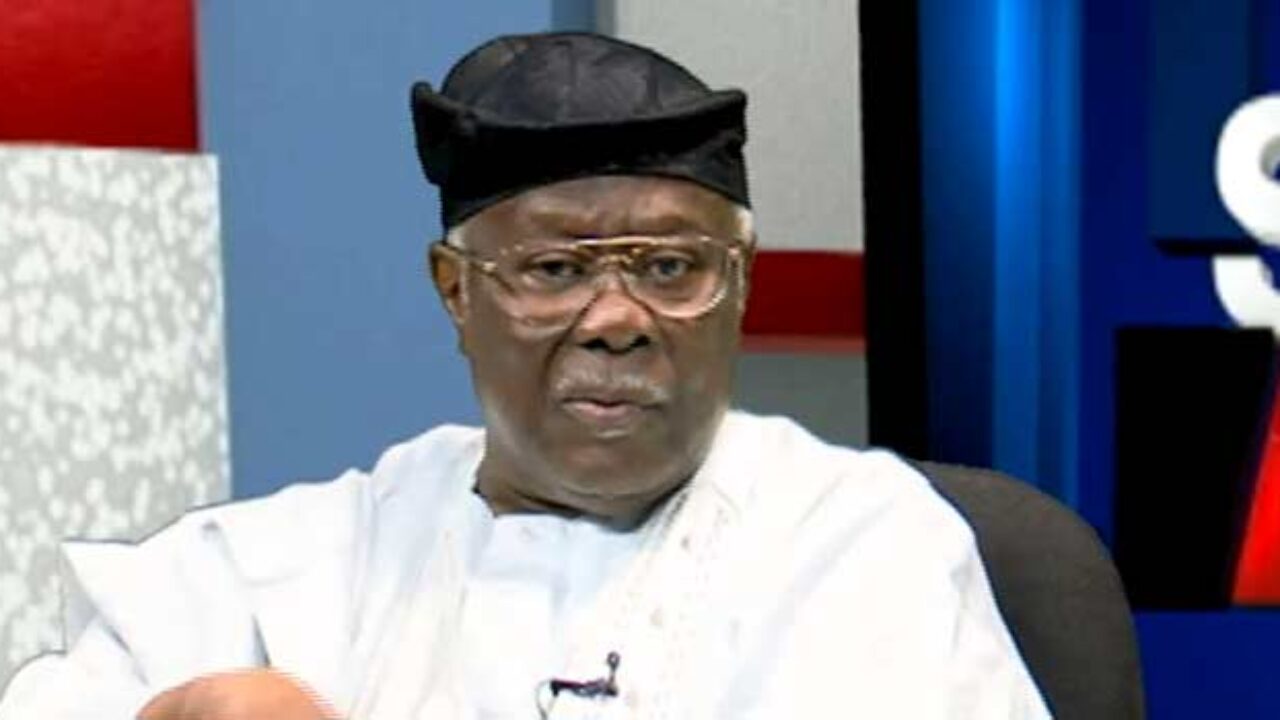Health expert sets agenda for incoming govt
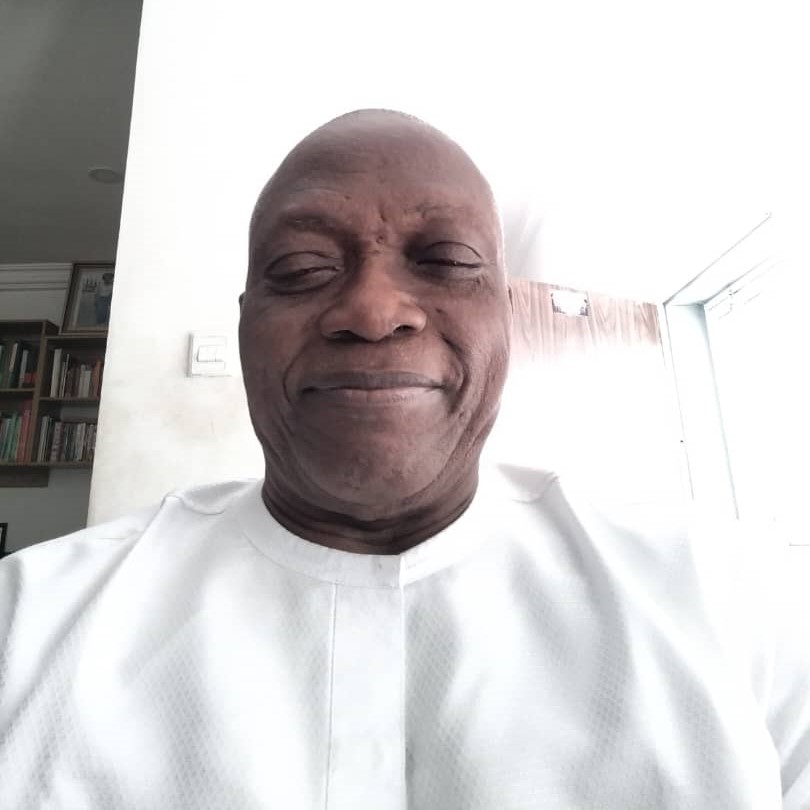
Calls for a review of all existing policies in health sector
By Doosuur Iwambe
Lack of adequate funding, dilapidated health care facilities in the country as brain-drain have been identified as some of the factors affecting health care delivery in Nigeria. DAILY TIMES health analysts Dr Odiah Edozie Felix calls for a review of all review of all existing policies in health sector inorder to implement them.
Dr Odiah who frowned at the continuous allocation of less than 10% of national budget each year to health sector said? It is unacceptable.
While setting an agenda for the Incoming government, he said that the recommended 15% by World Health Organization (WHO) must form the basis of our allocation to the health sector. Read the excepts:
Your expectations for the incoming government with regards to the health sector?
Whenever a new government is coming in, the citizens are always excited with expectations. It is always hoped that they come with lots of improvement in not just health sector but in all sectors.
Even though with their honey coated manifestoes, we have never seen any change. Since this democratic dispensation from 1999, each year passes with greater hopelessness vis-à-vis their promises. This current government apparently has performed worse than previous administration given the statistics we see every day from the government’s own bureau of statistics.
READ ALSO: Estate developers disown arrested land grabbing
With the declared INEC result of another APC government taking over from itself, I don’t really know what to expect. Given the track record of the president elect as a Lagos State governor (1999 – 2007) one can only hope for the better. The economic, social and democratic indices of the current government is nothing to write home about. Corruption had been monumental compared to the sixteen years of the People’s Democratic Party (PDP).
At times, one wonders if we actually have a government in place when people do things with impunity without being questioned. Lawlessness is at its best and everyone seems to look the other way. Let me pause and deal with the specific question as regards the health sector.
Like I did mention in one of my previous interviews with you, the President Muhammadu Buhari led administration has done fairly well in the health sector generally though not in all aspects. He signed some new health bills into law which is supposed to improve the quality of health care of citizens of this country. It is expected that the incoming government will continue from where the present administration stops.
Government is a continuum. It is expected that the incoming government will implement most of the health policies already on ground and pursue rigorously the universal health coverage bill for its citizens. This bill since passed is finding it difficult to take off as they will always complain of poor funding. But as I always ask, what have you done with the little funds you have received so far.
Without much ado about nothing, the expected improvements in the health sector are as follows; looking ahead in 2023 and beyond in order to create the health sector of our dreams, one that every Nigerian deserves, the government must keep its priority on these few key areas.
Primary Health Care (PHC)
In 1988, Professor Olikoye Ransom-Kuti developed the first National Public Health Care Policy to provide health care delivery to the door step of every Nigerian irrespective of his or her social status. Since then and following the establishment of the National Primary Health Care Development Agency (NPHCDA), the quality of care delivered in PHCs has remained a major concern, limiting the country’s ability to achieve Universal Health Coverage (UHC).
There is urgent need for critical improvements in PHC, such as establishment of the much needed community-oriented PHC for improved health outcomes. At the recently concluded National Council on Health (NCH) a 10-year strategic plan to transform the PHC system was proposed as PHC remains the bedrock of any country’s healthcare system; and it is recommended that the incoming administration pursues critically accelerated implementation of the strategic plan as soon as possible.
Ensure adequate Healthcare financing; The continuous allocation of less than 10% of national budget each year to health sector is just unacceptable. The recommended 15% by World Health Organization (WHO) must form the basis of our allocation to the health sector. Thus, the incoming government must take very seriously to achieve the SDGs by 2030.
The health care sector is seriously underfunded to say the least. The government must consider the act making National Health Care Insurance Scheme compulsory for all citizens. 71% of health care expenditure in Nigeria is borne out of pocket. The incoming President-Elect must bring his Internally Generated Revenue (IGR) strategy in Lagos to the federal level to generate more funding for the health sector for us to achieve the much needed UHC.
The Ebola, HIV and most recently Covid-19 outbreaks have given Nigerian health sector the experience of a life time that must scale up its state of preparedness to combat any outbreak at any unexpected moment.
The Covid-19 pandemic brought to the fore, the threat we face from infectious disease outbreaks. Poor healthcare funding, insufficient diagnostic capacity, political instability, insecurity and inadequate supply of trained medical professionals across the country affect our ability to respond effectively to infectious disease outbreaks.
The structures so far put in place by the federal government across the country must be maintained and possibly integrated to form part of the PHC treatment centres to avoid dilapidation of structures and equipment. Furthermore, states must assume greater responsibility for mobilizing domestic resources in response to infectious disease outbreaks. Only two states have dedicated budget lines for epidemic preparedness and response.
The rate of medical professionals leaving Nigeria on daily basis has become a Public Health concern I wish to say. The incoming government must take immediate steps to curb this as a matter of urgency. The PUSH and PULL factors must be dealt with in all honesty and with sincerity of purpose.
Our institutions have been reduced to mere consulting clinics. Most experienced consultant leave in droves. Incoming government must address this problem immediately else we wake up one day to find native doctors in charge of our medical institutions. Zambia, recently is trying to criminalize the recruitment of their Medical Doctors and other medical workers by any foreign country.
Also recently the Nigeria’s house of Representative or senate is trying to pass a bill preventing our Medical Doctors from leaving the country. How this will work is still to be seen. This definitely is going to be an affront to our fundamental human right. There is absolute freedom of movement enshrined in our constitution.
This underscores the fact that more than fifty percent of assembly members don’t know what their functions are. Instead of addressing the cause, they are busy chasing the effect, let’s see how that pans out.
Lastly, the incoming administration is advised to appoint experienced ministers of Health and Labour. Our current ministers of Health and Labour are pure square pegs in round holes. It is very sad some years ago and even in recent past when I heard the minister of health go on air to tell the nation that the number of Doctors, nurses leaving do not affect the health care delivery system in Nigeria.
The labour minister, also believes that we have more than enough Doctors and nurses so anyone who wants to leave is free to do so. Are those the type of human beings you hire to head such a sensitive institution. In a normal country, twenty-four hours after such irresponsible and unguarded statements, they will be relieved of their offices. So incoming administration must guide against such persons.
Your take on funding gap, over reliance on donors and way forward
The reliance on donors to fund our health programmes on its own is sad enough, not to talk of the over reliance. In funding a health program by donors, the federal government has its own counterpart funding responsibility to meet. As this gap keeps increasing due to default by our government, so the program continues to default in meeting its target. Over reliance also might lead to what I can best describe as donor fatigue.
When an international donor discovers that a government habitually does not meet its own responsibility in a particular program, all they do is gradually withdraw its funding to that government and channels such funds to a more serious responsible government.
Take the case of tuberculosis, Leprosy, Burulli Ulcer control program where the funding gap is even increasing, the missing cases and treatment are ever increasing and poses a very big threat to its liquidation. And for TB, it is assumed that for each undetected case you have about three to five or so new infections.
Nigeria must strive to scale up its funding for disease control and states must assist the federal government in this regard.
In Nigeria presently, there is 69% funding gap for TB Control alone. Funding for TB has remained a key challenge to support program activities towards closing the TB treatment coverage gap which stands at 66% as at 2021 ending.
Nigeria has the highest TB burden in Africa and 6th in the world. There are about 40% TB missing cases in Nigeria. Only about 31% of TB funding is available to Nigeria and about 24% is from donors. The incoming government must deal with this decisively.
Latest report from the WHO revealed that healthcare workers’ shortage may hit 10m by 2030. This is worrisome as the country is already faced with the ‘Japa’ syndrome. What will be the fate of the health sector if nothing is done to avert this?
Very recently, UK placed Nigeria on red list for health workers’ recruitment. What this means is that Nigeria has been listed among the countries that should not be actively targeted for recruitment by health and social care employers any more, unless there is a government-to-government agreement. This information is available at the website of all the UK government titled “Code of practice for the international recruitment of health and social care personnel in England”.
How this new policy by the UK government will affect health workers brain drain from Nigeria is to be seen in the nearest future. Recently, a senior ranking senator, Senator Ibrahim Oloriegbe the Chairman senate committee on health faulted the bill by house of Rep seeking to mandate medical and dental practitioners to practice for five years before relocating abroad.
He said the bill violates the right to freedom of movement enshrined in the 1999 constitution (as amended) and may further aggravate Doctors. He advised the government to address brain drain in Nigeria health sector by dealing with the factors responsible for brain drain which are multifaceted just like I said earlier in our conversation.
The fate of the health care sector if nothing is done about the brain drain of health care workers in Nigeria is worrisome. The “Japa” syndrome in Nigeria has assumed a very dangerous dimension. the effect of brain drain on our health sector is honestly unimaginable.
Most of the training institutions for medical professionals across the country have lost their best brains to brain drain, especially our medical schools. More to this is the fact that this critical shortage causes delay in accessing quality health care, low usage of accredited health facilities and higher patronage of unorthodox health care. All these contribute to poor health indices of the nation.
READ ALSO: Estate developers disown arrested land grabbing
It also includes loss of human capital assets, loss of income from the loss of tax from human-capital assets due to migration. Also includes loss of man power to foreign countries. Worst of all is the loss of the capital invested in the subsidized public education of migrated man power. These are all as a result of bad governance and leadership and also as a result of insecurity and corruption.
In summary, there are so many ills of brain drain of medical workers in Nigeria and these include widening gap between doctor/patients ratio, weaker health institutions and systems, loss of experienced experts, medical education suffer due to lack of dynamic young experts who are all gone living ageing generation of health care personnel often too weak and exhausted, poor quality research publications also affect the economy of the country.
In conclusion, migration of medical personnel impacts more negatively on the health care of the exporting countries than positively.
Would you advocate a new paradigm in the national health policy against the backdrop of existing challenges in the health sector?
I will not advocate a new paradigm shift in the national health policy against the backdrop of existing challenges in the health sector. Challenges in the health sector is as old as Nigeria itself and you may ask why are these challenges lingering on till date. Nigeria has one of the best health care policy in the world.
Our problem is just the implementation, lack of political will, nepotism and worst of all corruption. Again at time when you have a square peg in a round hole, you experience policy summersault. I said earlier that in 1988 Professor Olikoye Ransome-Kuti formulated the policy on Primary Health Care and outlined five major principles of this policy, thereafter National Primary Health Care Development Agency was created to reinforce the existing PHC.
In all today what do we have? Like I said before, the government must go back to the basics. The old and fine policy of Ransome-Kuti on PHC which is the bedrock of our general health policies. Implement the policies to the letter. Make it people oriented and community friendly.
There must be private sector investment before the present status of our health-care challenges start disappearing. The notable challenges we have in our health sector are two major ones that is the brain drain syndrome and the funding gap in health care sector. Corruption is universal to all.
Just like counting sinners and you mention the devil that is constant. Welfare of health workers are paramount. Each health worker should have well fully funded health insurance and their security guaranteed by the government. With the governments political will in place our health challenges will vanish with these policies in place.
How can the new govt tackle the crisis in the Health sector, especially,managing outbreak of diseases?
For the new and incoming government to be able to tackle the crisis in the health sector, especially managing outbreak of disease, it must as a matter of fact review all the existing health sector policies with the intention of implementing them accordingly.
Like I said earlier, we don’t have problems of managing disease outbreaks in Nigeria especially with the experience acquired from the past global pandemic of Covid-19. The existing crisis of brain drain and closing funding gaps for disease control programs must be on their front burners.
I have said it several times that in terms of pandemic or epidemic response, Nigeria is better prepared than many countries in the world. The challenge is intentional investment in the health sector. We have both human and other resources in abundance as far as epidemic responses are concerned in Nigeria. With the structures or ground, and collaboration with international organisations (NGOs) and implementing partners, Nigeria is more than ready to deal with any epidemic or pandemic.
The incoming government is advised to step up the health information and education rooted in Primary Health Care. Every community should understand or made to understand that health is no more an exclusive business of the Doctors and nurses but that of all, and they should make health their exclusive business also.
After all, when an outbreak occurs the nearest person to you is your family member or neighbor, who may not be health personnel but with little knowledge of health education or information, he or she can see you through the acute phase before a doctor or nurse comes around.
Primary Health Care is a foundation upon which all other health interventions are built. So make it work and all health crisis and challenges will be minimized if not eradicated.


